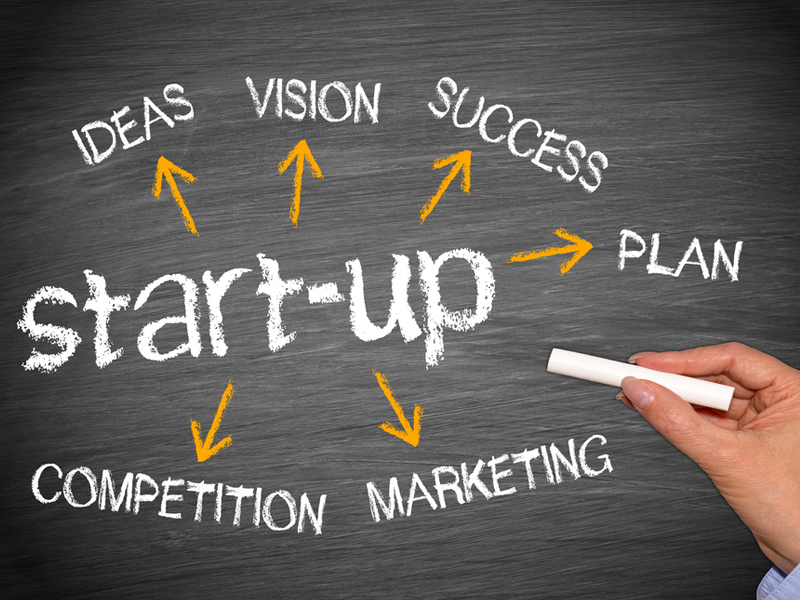
How Much CBD Can the Market Truly Bear?
Health fads have a history of coming and going. Right now, the big thing is cannabidiol (CBD). It is showing up in a long list of health and beauty products sold over the counter. People are also consuming it in edible products. It has even become a major player in the medical cannabis industry. But how much CBD can the market truly bear?
The CBD extraction business really took off when the federal government legalized industrial hemp in 2018. Most of what we have seen since is related to the medical and health & beauty markets. Growers and processors are working together to produce both CBD and THC products that can be packaged as medicines and health supplements. And yet, the market is so much bigger than that.
According to a recent Yahoo! Finance report, CBD extracts are being explored by soft drink makers, beer producers, and even bottled water companies. Nutritional supplement makers jumped on the CBD train as soon as it pulled out of the station a few years back. But again, how much can the market bear?
It Starts with Extraction
CBD extraction is where it all starts. Companies like Houston-based CedarStoneIndustry manufacture state-of-the-art extraction equipment that they then sell to processors. In turn, those processors extract CBD oil and distill it down to its individual components. From there, an almost limitless number of CBD products can be produced.
The combination of extraction and chromatography have made it clear that your typical cannabis plant contains over a hundred cannabinoids (including CBD and THC), dozens of terpenes and flavonoids, and a variety of vitamins and minerals. A processor’s ability to mix and match individual compounds creates endless opportunities to introduce consumer products with varying degrees of cannabinoids and terpenes.
Furthermore, research on cannabinoids above and beyond CBD and THC are ongoing. Who knows what will be learned about those cannabinoids down the road? If they are determined to be as valuable as CBD and THC, you can bet even more health supplements and medical products will be brought to market.
The question is whether or not people will buy them. Right now, everything and anything related to CBD is hot. But it is very possible that consumer demand will eventually dry up. We have seen it before. Most products marketed as revolutionary to health and wellness are received extremely well in the initial stages. But enthusiasm slows down and ultimately collapses. CBD could be destined for the same fate.
Regulatory Murkiness
Despite looking into how they can use CBD to make new products, some of the biggest players in manufacturing are still taking a wait-and-see approach due to CBD’s regulatory murkiness. As the Yahoo! Finance article pointed out, the 2018 Farm Bill that made hemp cultivation legal in the U.S. didn’t explicitly legalize CBD.
On the other hand, CBD was never explicitly banned either. Marijuana was the issue when the federal government put it on the Schedule I list of illicit substances. But marijuana is a plant. CBD is a cannabinoid found in that plant. This raises the question of whether or not CBD was ever illegal to begin with.
All that notwithstanding, the market is constantly introducing new CBD-infused products. Do not be surprised to see CBD-infused soft drinks and bottled water down the road. They will likely be followed by CBD-infused food products. All the while, you will still be able to get your CBD lotions, oils, soaps, and daily supplements.
Right now, the CBD market is exceptionally strong. But how much more CBD can the market bear? Time will eventually provide the answer.














